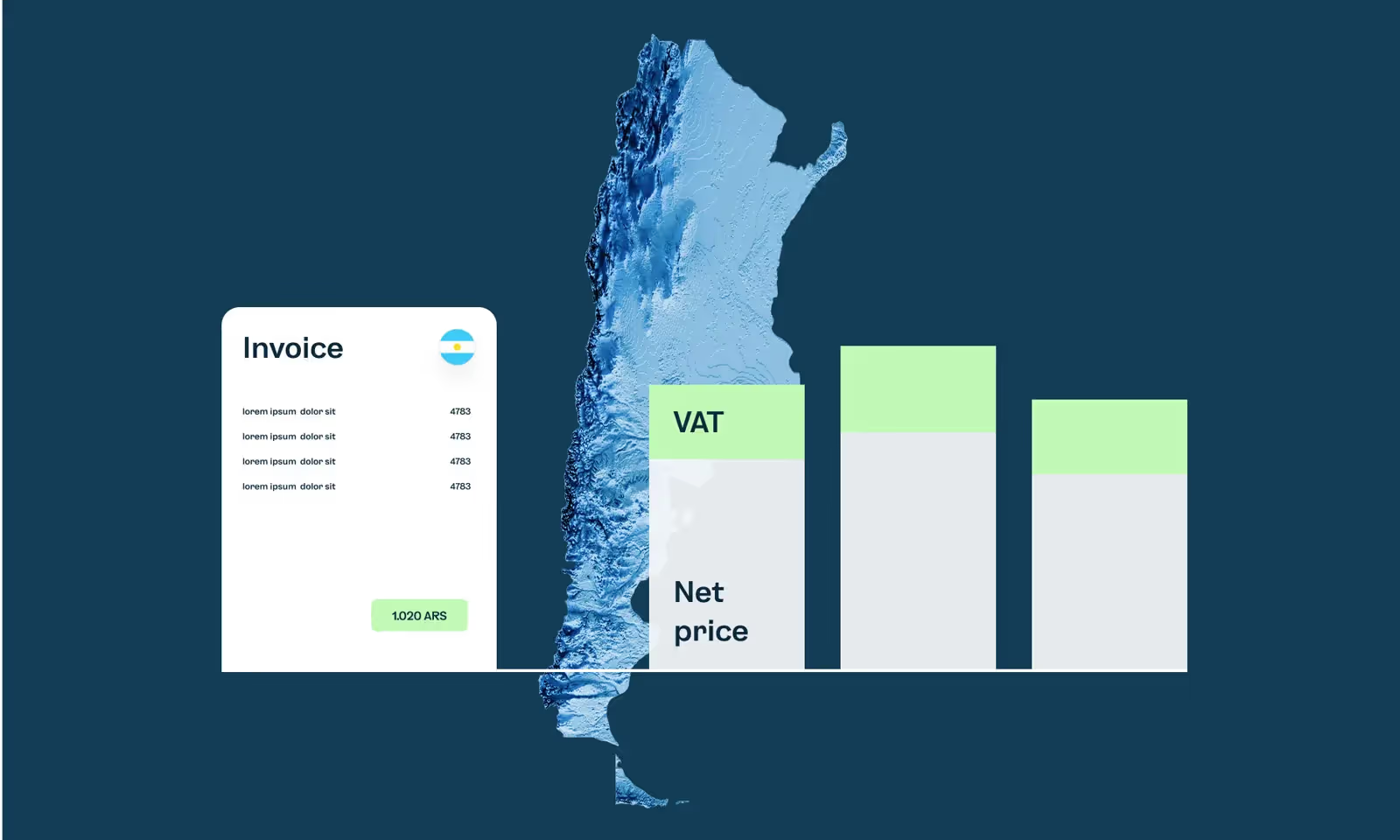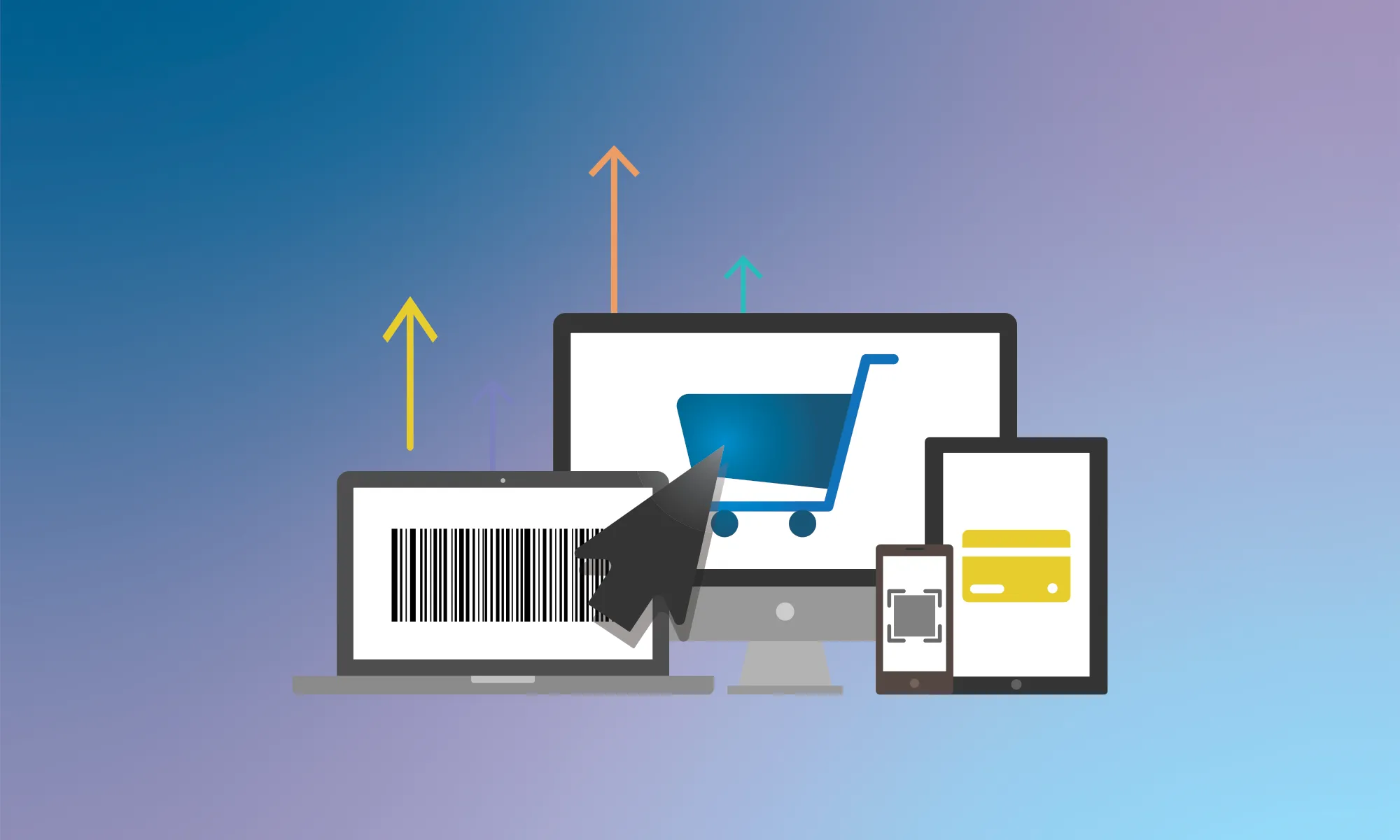ARCA's Consumer Tax Transparency Regime: What Large Companies Need to Know
ARCA has announced a Consumer Tax Transparency Regime, requiring large companies to itemize VAT and other indirect taxes on invoices starting January 1, 2025. Smaller taxpayers can opt in until it becomes mandatory on April 1, 2025. This initiative aims to provide consumers with a clear breakdown of tax components in their purchases, enhancing transparency and informed decision-making. Provincial and municipal authorities are encouraged to adopt similar measures for local taxes.
Timeline
Effective January 1, 2025, optional for SMEs until April 1, 2025.
Impact
Invoices will now detail VAT and "Other Indirect National Taxes." Existing electronic systems will reflect these changes in XML automatically, with updates required in PDFs. This transparency benefits consumers by clarifying the impact of taxes on their transactions.
Conclusion
Fonoa is well-positioned to assist businesses in updating their invoicing systems to comply with these new requirements, enhancing their service offerings and ensuring compliance with the new regulations.
Frequently Asked Questions (FAQs) About ARCA's VAT Itemization Mandate
What changes does the ARCA measure introduce?
The measure requires invoices to include VAT and other indirect national taxes starting January 1, 2025. This change allows consumers to see the tax impact of each purchase, promoting transparency.
Who does the measure affect, and when?
- From January 1, 2025, large companies must comply with the mandate.
- For other taxpayers, the changes are optional until April 1, 2025.
- After April 1, 2025, compliance becomes mandatory for everyone.
What if I already use electronic invoicing?
Taxpayers using ARCA-approved electronic invoicing systems will see VAT discrimination reflected automatically in the XML file. However, PDFs must also display this breakdown, effective January 1, 2025.
How should VAT be displayed on the invoice?
Invoices and receipts must include a section detailing the amount corresponding to VAT and other indirect national taxes.
What is the objective of ARCA's tax transparency measure?
This measure aims to enhance tax transparency, ensuring consumers understand the impact of taxes on their transactions. It also provides clearer tax-related insights for business decision-making.
What about small businesses and self-employed workers?
The mandate becomes mandatory for small businesses and self-employed individuals on April 1, 2025. Until then, they can opt to apply the changes voluntarily.
Does this measure include provincial and municipal taxes?
No, the measure focuses on VAT and other indirect national taxes. However, provinces and the City of Buenos Aires are encouraged to implement similar regulations for local taxes, such as the Gross Income Tax (IIBB).
How does this impact consumers?
Consumers will receive detailed information on the tax breakdown for each transaction, ensuring greater transparency in final prices.
What happens if businesses do not comply with the standard?
Taxpayers who fail to specify taxes on their invoices will face penalties starting from the respective compliance deadlines.
What specific changes are being implemented in the Fonoa invoicing system?
Fonoa is incorporating a specific field for indirect national taxes and adjusting the placement of tax information on invoices and receipts to ensure compliance with the mandate.
















